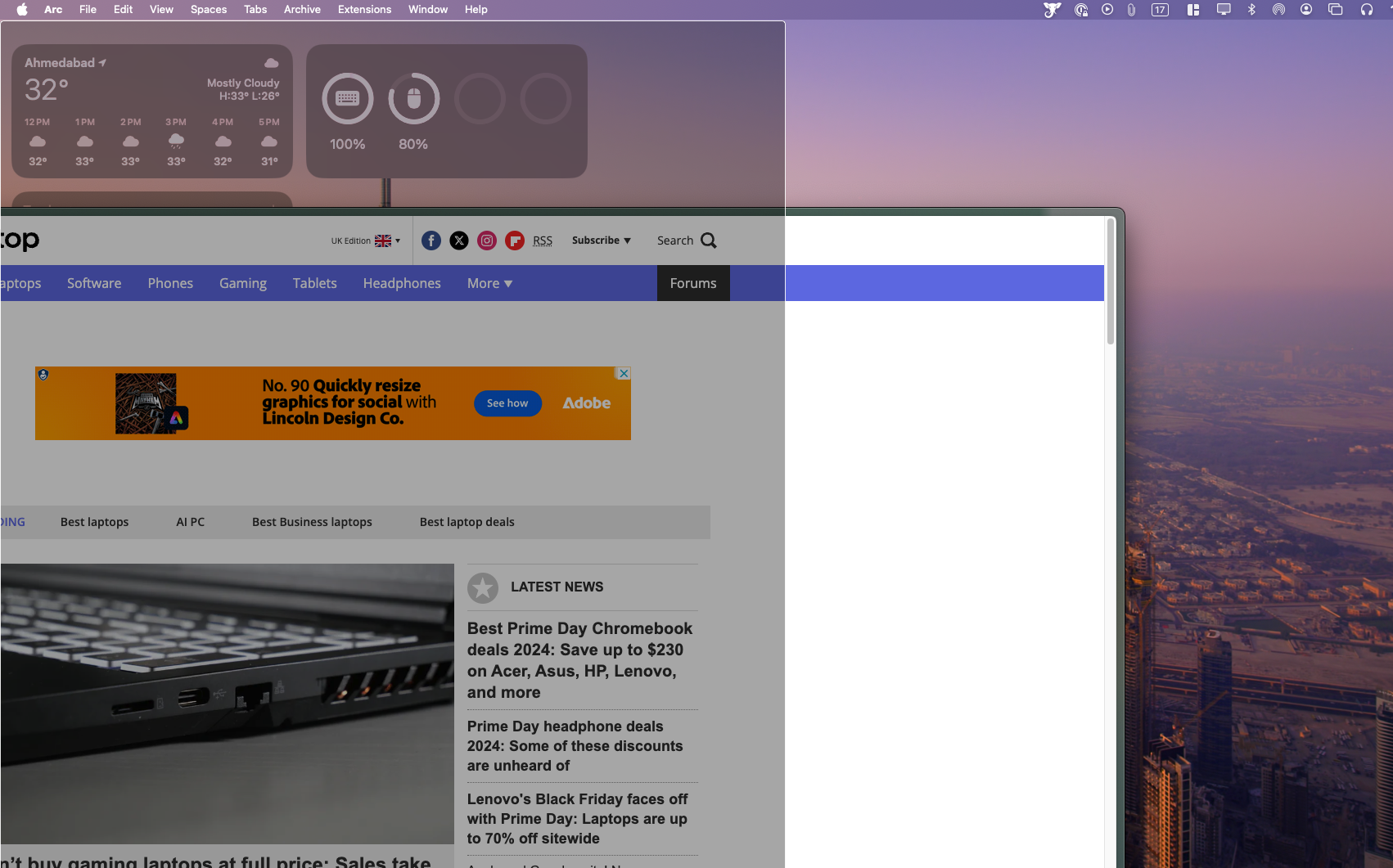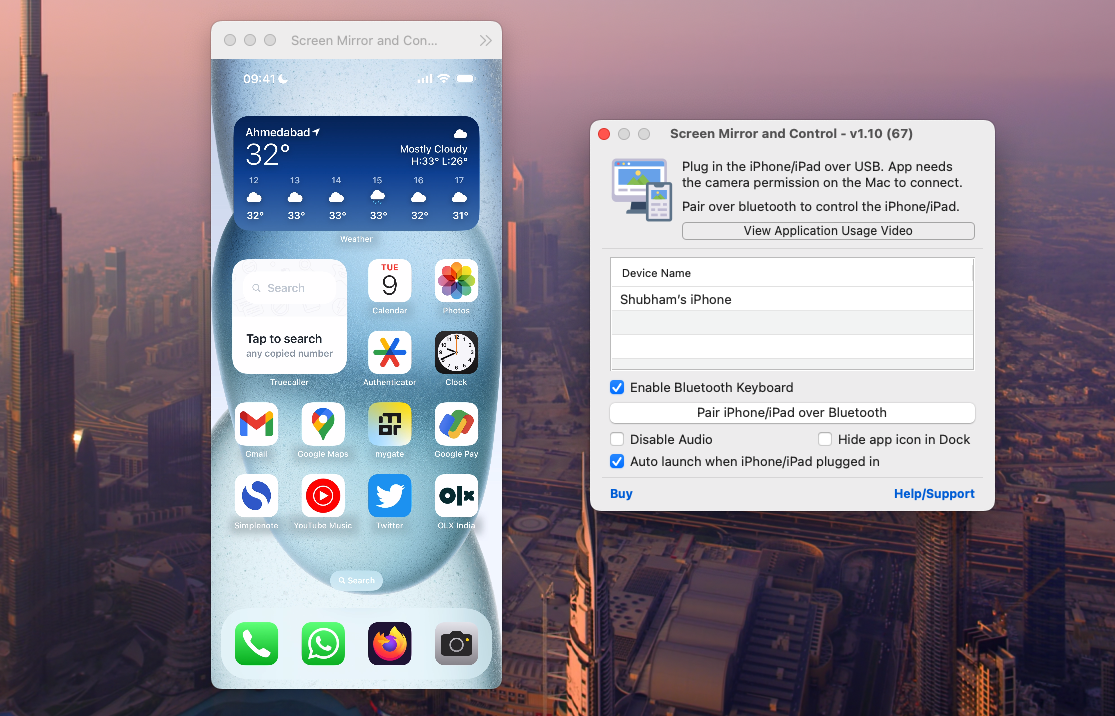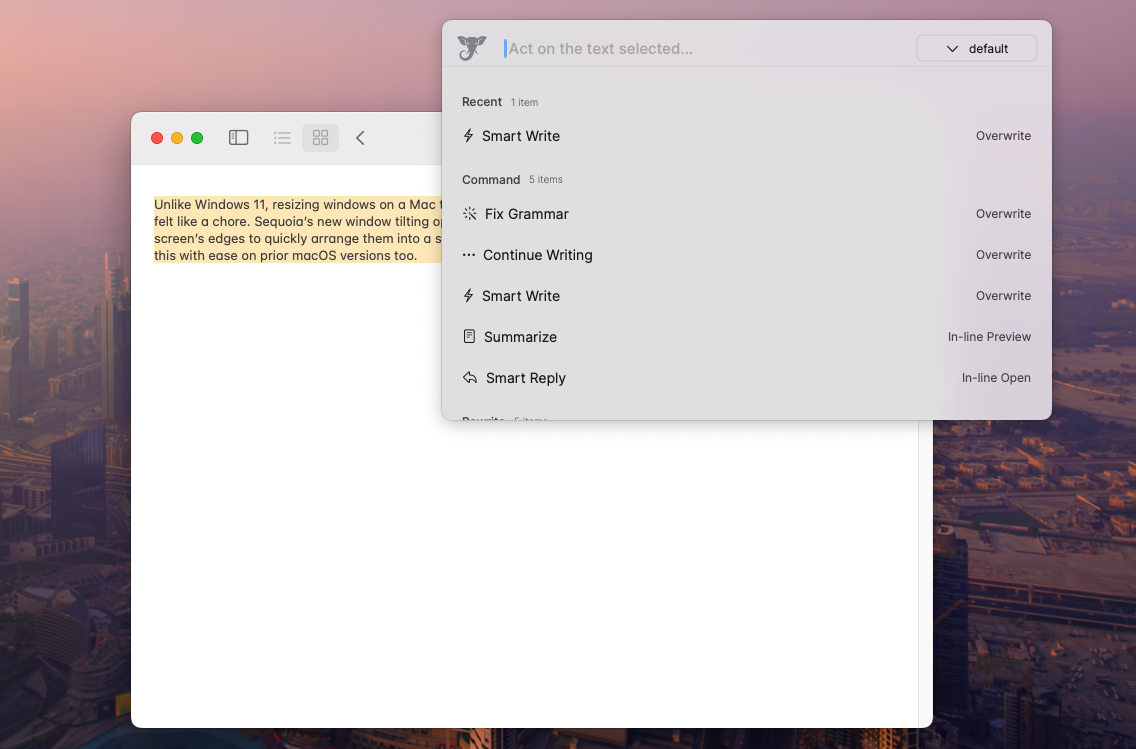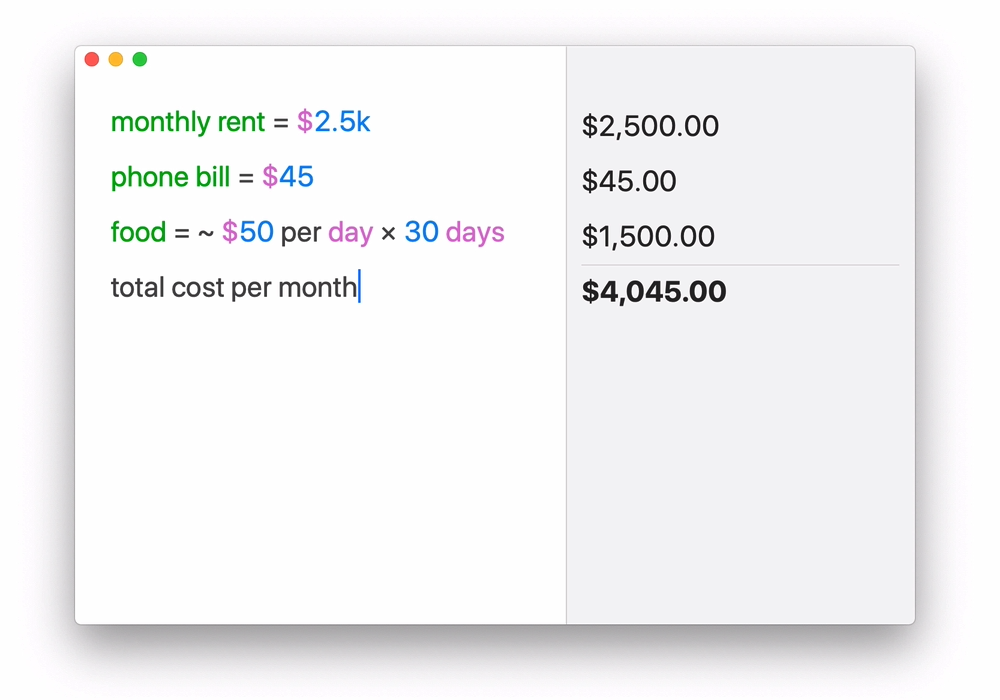Four tricks to replicate macOS Sequoia's best features before it comes out this fall
You can replicate some of the best features of macOS Sequoia now, even on older Macs. Here's how.

Sign up to receive The Snapshot, a free special dispatch from Laptop Mag, in your inbox.
You are now subscribed
Your newsletter sign-up was successful
Apple’s upcoming annual update for Macs looks to be one of its most significant in years.
Called macOS Sequoia, it not only adds a handful of major new features — from iPhone mirroring to a unified password manager app — but also addresses long-overdue concerns.
It also features Windows-style multitasking and a smarter, AI-powered Siri.
But you don’t have to wait for the macOS Sequoia update to roll out publicly this fall — or fumble through sometimes buggy beta versions that are out this summer.
You can replicate some of the best features of macOS Sequoia now, even on older Macs.
That's because many of macOS Sequoia’s headlining additions are inspired by existing third-party apps and ideas.
You can head over to the App Store to recreate some of Sequoia’s features, such as an AI writing assistant and automatic window tiling.
Sign up to receive The Snapshot, a free special dispatch from Laptop Mag, in your inbox.
Here’s how to get started.
Snap and resize macOS app windows

Unlike Windows 11, resizing windows on a Mac to accommodate multiple windows in the same space has always felt like a chore. Sequoia’s new window tilting option overcomes this, allowing you to quickly snap windows onto one of the screen’s edges to arrange them into a side-by-side view. Several multitasking apps like Magnet let you easily replicate this on prior macOS versions.
Once you activate Magnet and grant it the necessary permissions, it will work in the background. To resize a window, drag it to an edge, and an outline will appear to tell you the size it will be resized into.
Say you want a grid of four app windows on your screen: You can select and move a window to the top right corner, and Magnet will rescale it to fit into that quadrant. Alternatively, you can use keyboard shortcuts to place a window into a set position, such as “Top Left” or “Left Two Thirds.”
Magnet costs a one-time $5 fee and can be downloaded from the App Store. If you’re OK with fewer positional choices, you can try the $3 BetterSnapTool.
Control your iPhone from your Mac

You don’t need macOS Sequoia to cast and control your iPhone from your Mac, either — you just have to download a free Mac utility.
The Screen Mirror app only has one catch: It works over a USB connection instead of Sequoia’s wireless function. Apart from that, though, it works as intended.
When you connect your iPhone to your Mac, the app pulls up your phone’s live screen in a window. You can drag it to adjust size or demonstrate something on a video call. There are no latency issues; it nearly instantly mirrors what you do on your iPhone.
The app requires you to pair your iPhone and Mac via Bluetooth to control it. When you do that, you can also manage your iPhone from your Mac and interact with it through the computer’s mouse and keyboard.
Screen Mirror is a free download, but if you pay for the $3 license, it won’t constantly nag you to upgrade.
Give your Mac an AI refresh

MacOS Sequoia also marks the debut of Apple Intelligence, a series of AI-enabled tools and features, such as a writing aid and a more contextually aware Siri. A combination of third-party programs can also bring AI capabilities to older macOS versions.
An app called Elephas, for example, adds an always-on text assistant to your Mac. Any time you come across a text box, whether that’s in the Notes app or a browser tab, you can pull up Elephas to generate text based on a prompt, summarize emails, fix your grammar, and rewrite in a different tone.
Since Elephas runs on a Generative AI model, it acts as a general-purpose bot and is not restricted to plain text. It can whip up programming code, Excel formulas, and more from scratch.
Another AI utility you can install on your Mac is Rewind. This app behaves like your personal assistant and records everything you see, say, and hear on your Mac. It will then compose a searchable timeline and allow you to go back in time to look for a piece of information you accessed on your Mac. Its highlight is a built-in chatbot that enables you to ask questions directly.
Say you’ve been in and out of calls all day and don’t have the time to write follow-up emails. You can ask Rewind to take and summarize your meeting minutes and draft an email based on your schedule and past conversations. Rewind stores and processes your data offline on your Mac and doesn’t upload it to any servers.
Math superpowers for your notes

The default Notes app on macOS Sequoia can evaluate math expressions as you enter them in natural language. You can replicate this ability with Soulver, a free app that combines a calculator and a note-taking tool.
Soulver looks and works like your Mac’s native Notes app. However, when you type in math expressions alongside other text, it begins to solve them live in the extra panel on the right. It’s not limited to essential addition and subtraction either.
You can enter multi-step calculations, assign percentages and proportions to variables, and mix them with unit conversion. On a trip, for example, you can list your expenses in various currencies, and the app will automatically convert and tally them up. Moreover, Soulver can even fetch the latest stock prices and weather forecasts. In addition, its native AI assistant can fill in values from the internet if you can’t recall them. For instance, if you type in “population of Spain = ?”, it will replace the question mark will be replaced with the country’s population figure.
Shubham Agarwal is a freelance technology journalist from Ahmedabad, India. His work has previously appeared in Business Insider, Fast Company, HuffPost, and more. You can reach out to him on Twitter.
